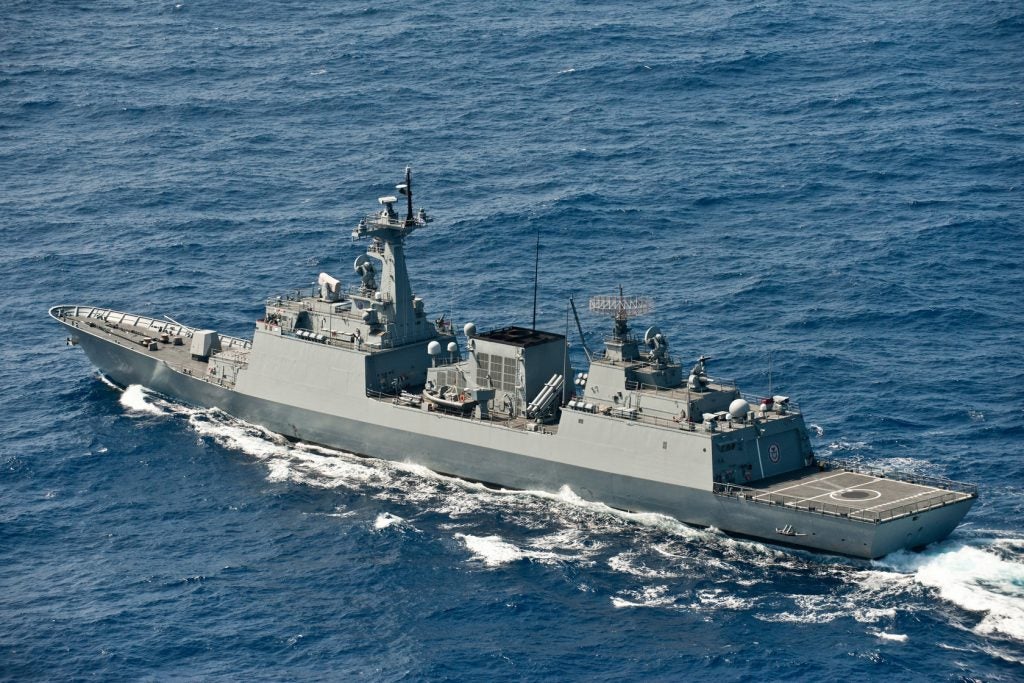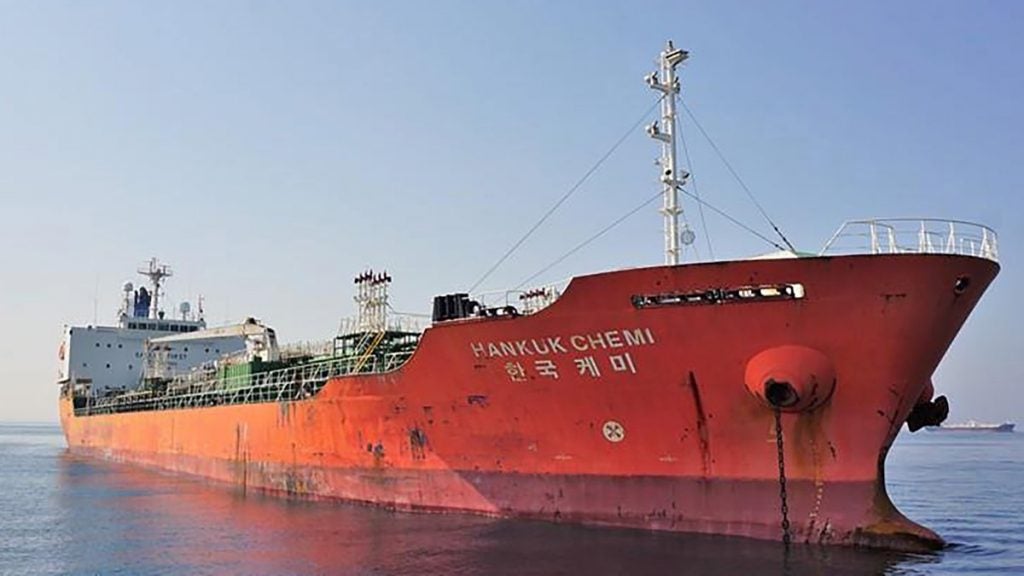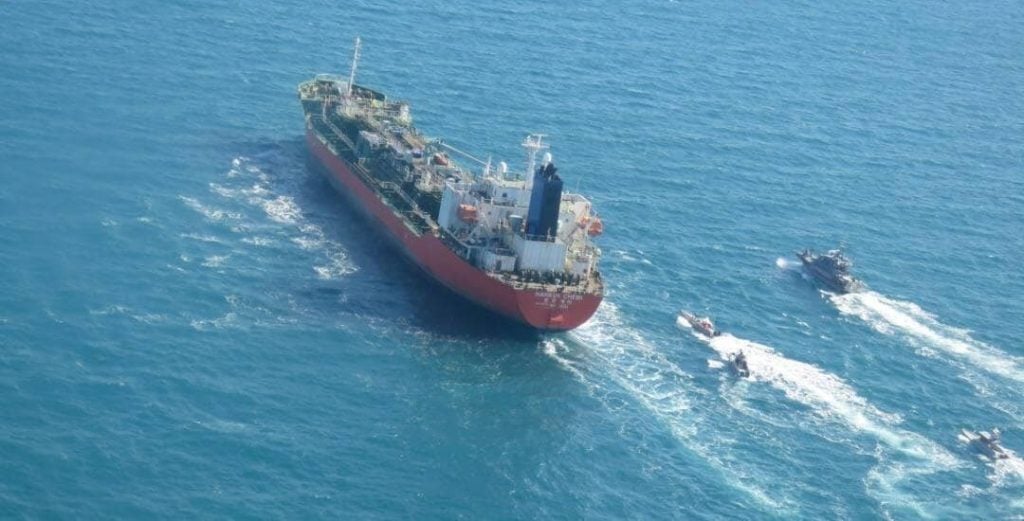Iranian Ambassador To South Korea Summoned Following Oil Tanker Seizure
Iran’s ambassador was summoned to the South Korean Ministry of Foreign Affairs in Seoul today to meet with a senior official from the Ministry, following the Iranian seizure yesterday of a Korean-flagged oil tanker in the Strait of Hormuz.
Ambassador Saeed Badamchi Shabestari met Koh Kyung-sok, director-general of the ministry’s African and Middle Eastern Affairs Bureau, with the latter protesting the seizure of the MT Hankuk Chemi and calling for the immediate release of the ship and its crew.
The Ambassador claimed to members of the press ahead of the meeting that the 20 crew members of the seized ship were safe, saying “All of them are safe. Nothing to worry about (in regards to their health)”. He did not elaborate further.
South Korea’s Foreign Minister, Kang Khyun-Hwa, had stated earlier that “[The Ministry of Foreign Affairs] have been trying to figure out what happened through the Iranian Embassy in South Korea and the South Korean Embassy in Iran and continuing to make efforts to address this situation”.
The Iranian government claims that the seizure was due to “environmental and chemical pollution concerns”, with the ship detained at an Iranian port for an inspection. An official from the ship’s operator DM Shipping disputes the allegations of pollution, claiming that the seizure was done on the high seas as the ship headed for the United Arab Emirates from Saudi Arabia.

Following the seizure of the MT Hankuk Chemi, the Republic of Korea Navy’s anti-piracy Cheonghae Unit arrived in the Straits of Hormuz today aboard the ROKS Choi Young, a Chungmugong Yi Sun-sin-class destroyer. The unit had previously been operating off the coast of Oman. Various detachments of the Cheonghae Unit have been conducting anti-piracy missions off the Horn of Africa since 2009, but it saw its area of operations expanded to include the Strait of Hormuz last year amidst continued regional tensions.
The seizure of the MT Hankuk Chemi comes after the Pentagon reversed an order for the return of the USS Nimitz from the Middle East on January 3, citing an increase in threats from the Iranian government in the run up to the anniversary of the death of Qasem Soleimani as the reason for the cancellation of the December 31 order to redeploy.
It is speculated that the seizure is an Iranian bid to gain leverage ahead of a visit by South Korea’s First Vice Foreign Minister, Choi Jong-kun, that was originally planned for Sunday. The visit was to discuss matters regarding $7 million in Iranian assets frozen since September 2019, when an American waiver of sanctions for Korean imports of Iranian oil ended, with some media outlets claiming that the Iranian government wishes to use the assets to pay for COVID-19 vaccines. Reuters reports that the planned visit is now under review at the Ministry of Foreign Affairs, citing a Korean official.

Hostage diplomacy has been a mainstay of Iranian “diplomatic efforts” since 1979, with the hostages usually released for some sort of concession from the country they’re from. While human rights advocates have expressed concern over countries effectively rewarding Iranian behavior by negotiating, the alternative is unpalatable for good reason, with The Times’ recent reveal that the British Foreign Office had decided that British nationals taken hostage or falsely imprisoned overseas had “no legal right to consular assistance” drawing condemnation.

